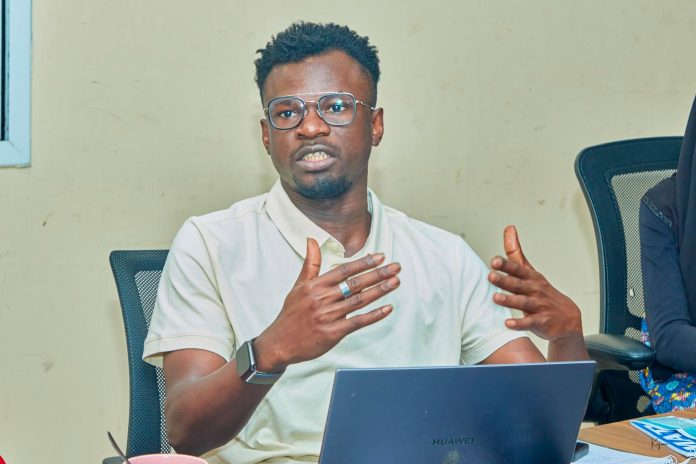The Gambia Association of Local Government Authorities (GALGA) has told Gambians Against Looted Assets (GALA) that it does not have the legal authority to investigate corruption or recover looted assets in local councils, following a petition from the civil society group that included a 90-day ultimatum for action.
In a formal letter signed by GALGA President Mahamadou Ceesay and addressed to GALA’s secretary, the association acknowledged receipt of the petition dated July 23, 2024, but said its role as an advocacy and coordination body does not include investigative or regulatory powers. The petition had demanded that GALGA take urgent action to address corruption and mismanagement within local government councils or face possible public pressure.
“GALGA operates as a local government association, primarily focused on advocacy, support, and capacity building for local councils,” the letter stated. “It is essential to note that GALGA does not have the mandate or authority to conduct investigations into the operations or conduct of local councils.”
GALA’s petition, which cited growing concerns over unaccounted funds, alleged mismanagement, and lack of transparency in several local councils, had called on GALGA to initiate steps toward recovering stolen public resources. The organization warned that failure to act within 90 days would compel them to escalate pressure through means they will determine.
But GALGA, in its response, distanced itself from any direct oversight function. The association, established in 2002 as the representative body of the country’s eight local government councils, said it was “distinct from a regulatory body” and played no role in conducting formal inquiries.
Instead, the association advised GALA to channel its concerns to institutions empowered to investigate and take corrective action. “We recommend that such issues be directed to the Ministry of Lands, Regional Government and Religious Affairs, National Audit Office, National Assembly Finance and Public Accounts Committee, and the National Assembly Select Committee on Regional Government, IEC and the Ombudsman,” the letter read.
In an effort to underscore its commitment to accountability, GALGA pointed to the ongoing Presidential Commission of Inquiry into local councils, which is investigating financial and administrative conduct between May 2018 and January 2023. “All Local Government Councils are cooperating with the Commission, which is mandated to conduct a full and impartial investigation that is crucial for ensuring transparency and accountability,” the letter noted.
GALGA urged GALA and other stakeholders to allow the Commission to complete its work before taking further steps or making new demands. “This approach will allow for a thorough examination of the issues at hand and ensure that any findings are based on comprehensive evidence,” the letter said.
While declining to meet the petition’s central demand, GALGA concluded by reaffirming its opposition to corruption and its support for improved governance. “We look forward to your continued support and collaboration as we work towards a more inclusive, transparent and accountable local governance system,” Ceesay wrote.
The letter was widely circulated, with copies sent to all chairpersons and mayors of local councils, their chief executive officers, the Inspector General of Police, senior government officials, key National Assembly committees, and the media.


















